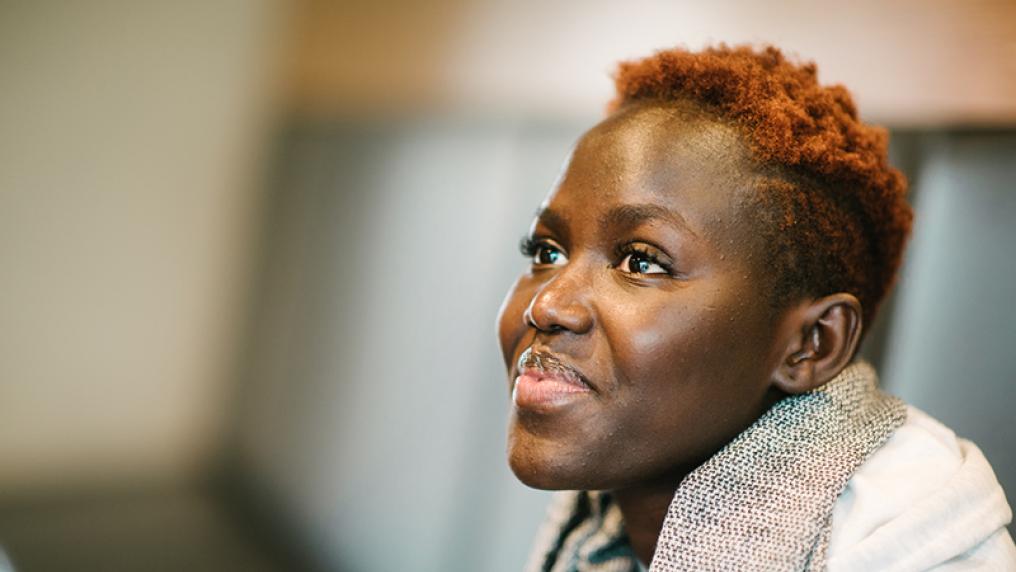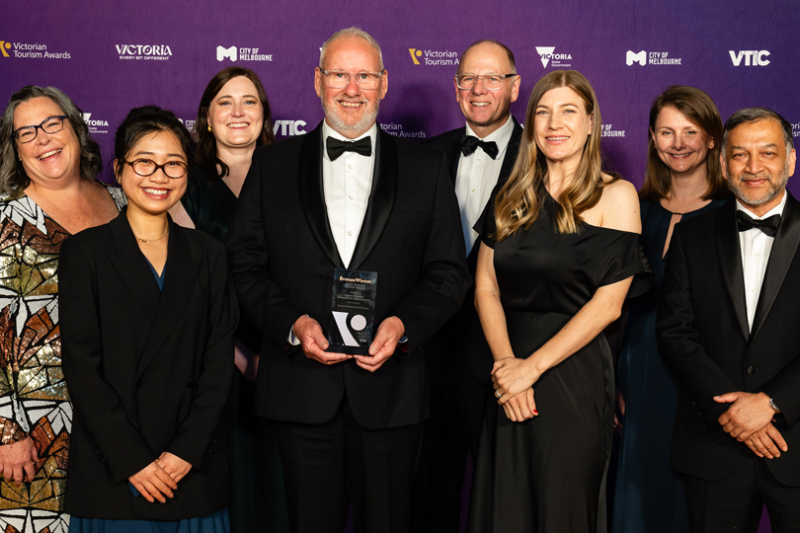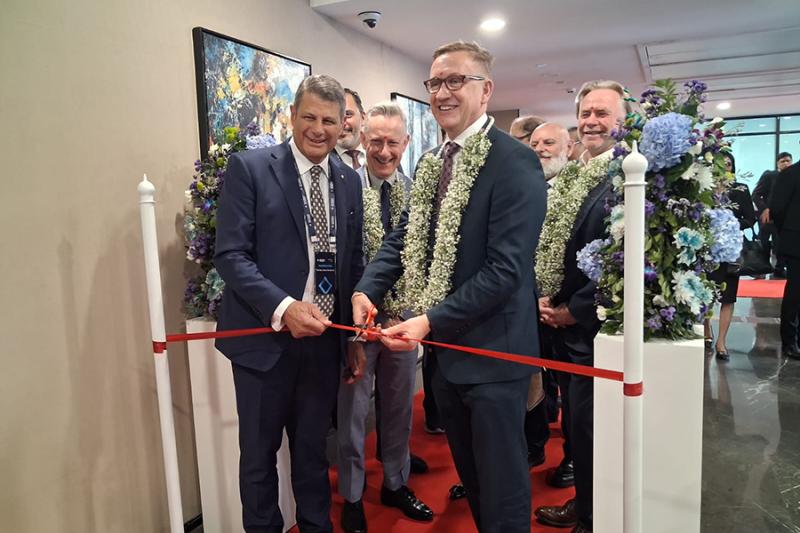International student success skyrockets with VU’s First Year Model

International students enrolled in Victoria University’s (VU) First Year Model (FYM) are achieving higher grades, making more friends and adapting sooner to the stressors of study in a new country.
Launched in 2018, the FYM is an Australian-first based on similar models among some of the world’s most progressive institutions. It enables students to focus on one subject in sequential four-week blocks, rather than juggling multiple subjects at the same time.
Latest figures show 57% of first-year international undergraduate students achieved a high distinction or distinction in Blocks 1-3 of 2018 compared with 41% during Semester 1 2017, while failure rates have almost halved.
The student-centred style of teaching – featuring small group learning without lectures, instant assessment feedback after each block and a range of complementary activities – has proven so successful for first-year undergraduate students that it will be rolled out across all VU higher education degrees by 2020.
International student FYM data reflects the trend across VU’s total FYM cohort, with pass rates soaring from 74% in 2017 to 90% in Block 1 and 85% in Block 2, using the same assessment standards as previous years. Retention is up more than 10% and surveys show 88% of FYM students support the new learning style.
Indonesian student Yosafat, who is studying the Bachelor of Psychological Studies, says he enjoys the more focused and intimate learning environment: “I’ve been able to make friends easily and my grades are improving every block – it helps me gain more confidence in my studies,” Yosafat says.
The block model has also been welcomed by VU’s education agent network, which play a key role in welcoming international students to the University.
“We believe that offering students the option of a taking course that narrows the focus down to one unit at a time may help students settle into their new life abroad,” James Cauchy, IDP Education Regional Director, Australasia and Japan, says.
“As a supporter of all initiatives that are centred on supporting international students achieve study and career success, we commend VU on this project,” Mr Cauchy says.
VU International Director Bronte Neyland says the FYM has many explicit benefits for international students – including more start dates to choose from, smaller class sizes so students can develop closer connections with their academics and domestic peers and a specialist academic workforce delivering the curricula, which negates the need for academics to balance teaching and research.
As well as strengthening VU’s position as a dynamic, innovative and agile university, Ms Neyland says the FYM will have flow-on effects for Victoria’s international education sector – the state’s largest service-based export.
“Overall, the Victorian international education sector should benefit from this progressive approach by growing its reputation for innovation within the global international context and importantly, by providing students with a contemporary, high quality and successful student experience,” Ms Neyland says.



